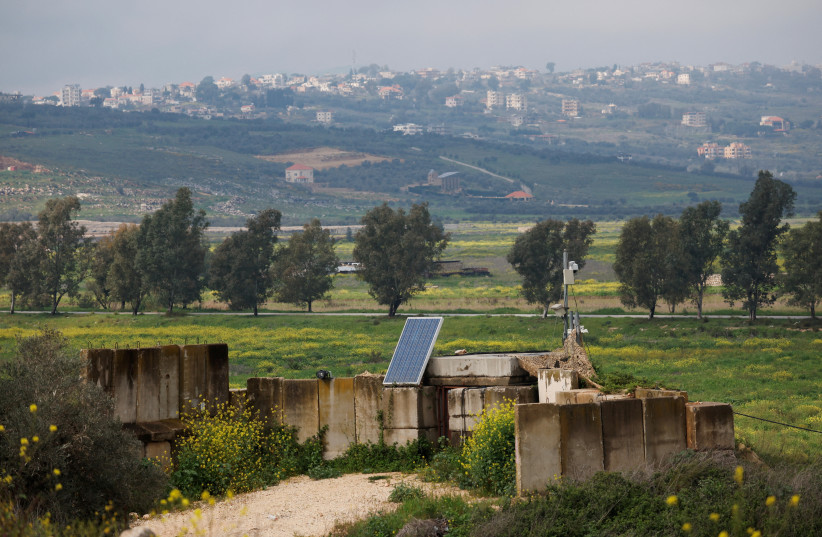The IDF on Tuesday announced a drill testing the interface between its cyber and technology units and its Northern Command operational units.
The announcement of the drill comes as Israel considers potentially imminent attack options against Iran following the Islamic Republic's attack of around 350 aerial threats on Israel on April 14.
Part of Israel's response could be in the cyber domain, and it is quite possible that an attack by the Jewish state will lead to a further counterstrike by Tehran and its senior proxy, Hezbollah.
The IDF Northern Command has responsibility for handling threats from Hezbollah and was in Iran's crosshairs on April 14.
Drill combined combat and cyber units to simulate response
As part of the drill, both combat and cyber and technology forces deployed throughout the North, on every separate front, to simulate readiness for an all-out hybrid digital and kinetic war.

IDF Division 210 drilled specific scenarios for threats both from Lebanon and Syria, while IDF artillery Brigade 282 also participated in an emergency scenario.
The IDF's special alpine unit for high mountains also participated, including training for urban fighting scenarios.
Iran's April 14 attack came after Israel on April 1 assassinated top Islamic Revolutionary Guard Corps commander Mohammed Reza Zahedi, who had directed terror against Israel from Lebanon and Syria for years.
